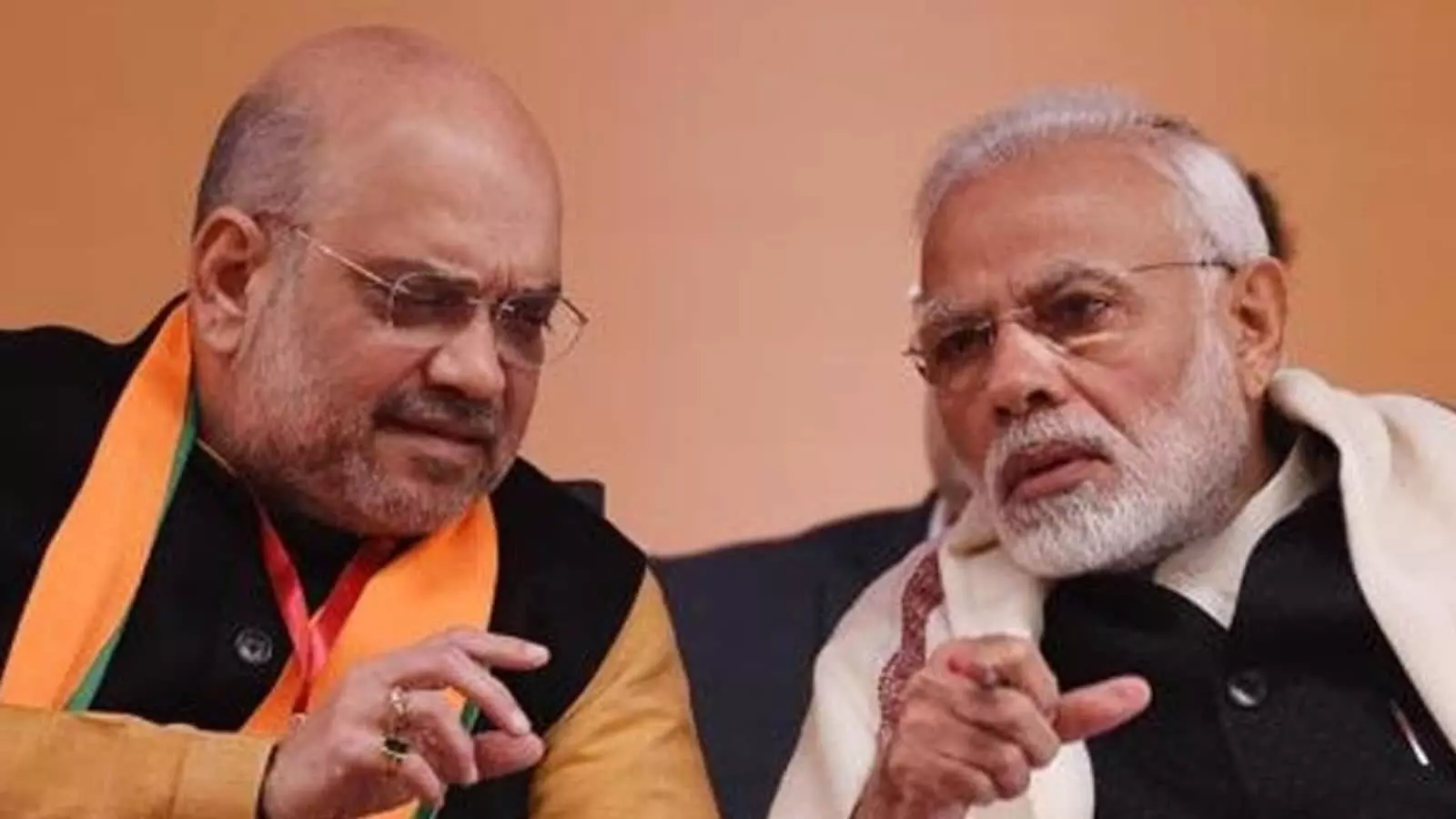
Modi government bid to subvert federalism again
text_fieldsDespite being on the verge of elections in the top five states, Modi government's haste to usurp state power and subvert federalism has not abated. One would be amazed at the relentless effort to concentrate all power in New Delhi in every piece of legislation and amendment. What happened when the perceived economic policy of tax consolidation was transformed into GST was that the economic rights and security of the states came to be at the mercy of the Centre. Most of the recently amended laws and regulations, baked and still cooking, such as the Co-operative Sector Amendment, the Banking Regulation Amendment, and the NIA Law Amendment, are all anti-federal. Now it has been decided to amend Rule 6 of the IAS (Cadre) Rules. The Centre's letter seeking a response from all states before January 25 indicates that the amendment would be implemented soon.
Although as a continuation of colonial traditions, it has often been argued that the unitary/federal nature of India evolved from the desire of the Constituent Assembly to hold the nation together after partition. Thus came the system of government with limited central powers, Concurrent lists where both states and the Centre make laws, and extensive state powers. The Centre's and states' powers were also integrated in the devolution of power to the Indian Civil Service, the most important bureaucracy in the country. However, the Rule 6 amendment to the IAS (Cadre) Rules introduced by the Modi government encroaches on the powers of the state government and ensures the predominance of the Centre. Under the four proposed amendments, the Centre, in consultation with the State, decides the number of officers to be deputed to the Central Government. States are required to submit a Central Deputation Reserve List every year. The states are obliged to depute those the Centre demands from the states. In addition, the Central Government will have the power to request the services of officers of any cadre 'in public interest' in special circumstances. Now, if there is any difference of opinion between the Centre and the State, the decision will be taken by the Centre. And those decisions must be implemented by the state within a 'specified time'.
Matters are clear. The Modi government's ambition is to strengthen bureaucratic grip on the states by forcing IAS/IPS officials to be subservient to the Centre and making their transfers and tasks subject to the Centre's wishes. The amendment also seeks to prevent a recurrence of the loss of face suffered in a tiff with Mamata Banerjee and former Chief Secretary Alapan Bandopadhyay, when the prime minister attempted a political wrestling in a manner unbecoming of his position during the last Bengal elections. The main opposition states are opposed to the amendment. Many BJP states too have registered dissent. However, the government is unlikely to back down from this amendment for that reason alone. Strong protests have to be coordinated from among the states. What Mamata Banerjee started should be taken up by others which is imperative for a decentralized democracy. Our country needs a structure without an overarching infallibility ascribed to the seats of power in Delhi. There must be a decentralized social environment in which power is closer to the people and their country. It is the spirit of the cooperative federalism envisioned in our Constitution. The Modi government has been striking at its root for more than seven years.
Prakash Ambedkar's warning about this amendment of law which undermines the essence of decentralization of power deserves to be be seriously discussed: "The Centre is clearly pushing the hidden agenda of Rashtriya Swayamsevak Sangh... If the amendments go unopposed it will have larger ramifications in the administrative system which go beyond the political tussle between the states and the Centre," he warned.
























